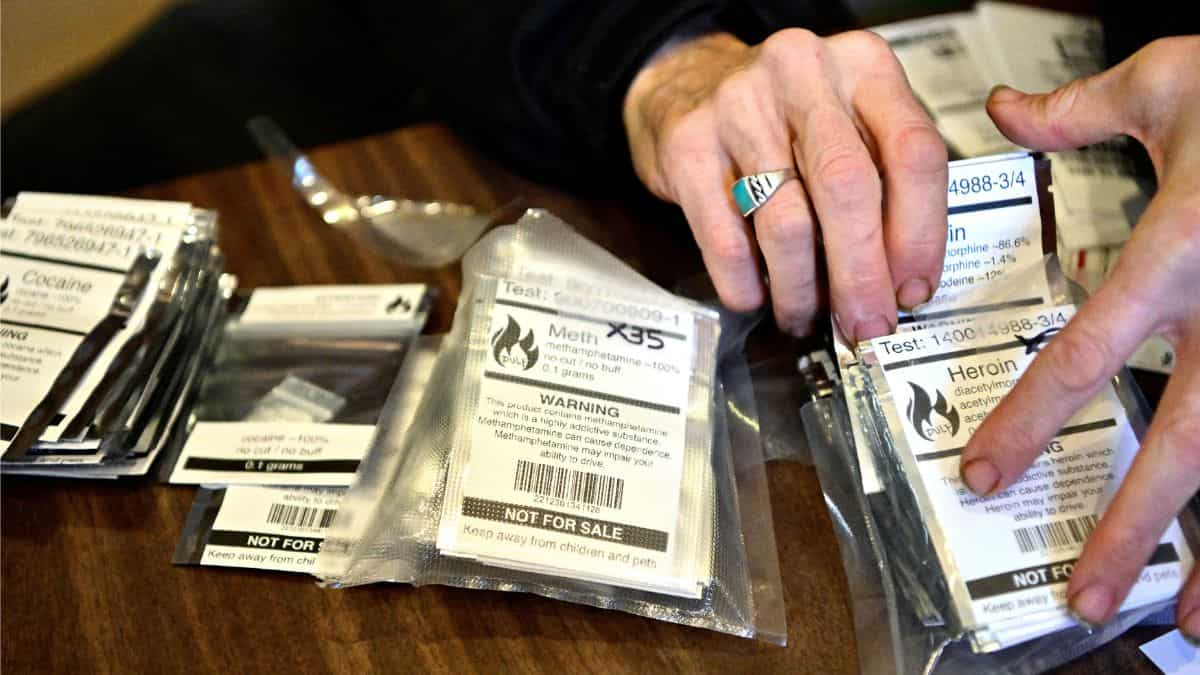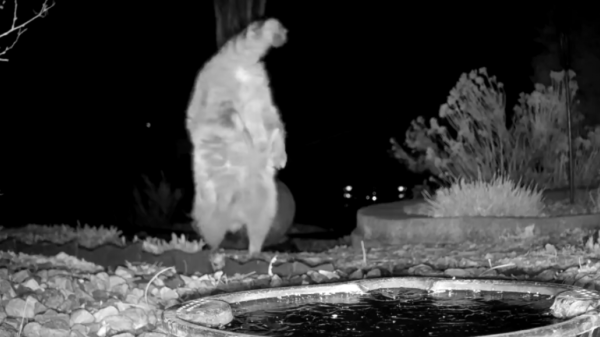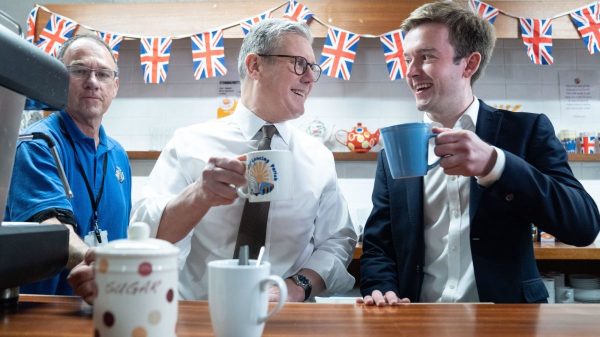British Columbia Reverses Drug Decriminalisation Experiment
Background
On Friday (Apr 26), the British Columbia Office of the Premier announced that the Canadian Province was taking action to make illicit drug use illegal in all public spaces, including inside hospitals, on transit, and in parks. This marked a sudden reversal of the ‘landmark’ drug decriminalisation experiment in British Columbia.
Public Safety Concerns
David Eby, the premier, emphasized the importance of keeping people safe and announced the intention to make public drug use illegal again. The focus is on ensuring safe and comfortable communities while expanding treatment options for individuals struggling with addiction.
The Experiment
When British Columbia initiated the experiment in 2023, it aimed to shift the approach to drug use by providing support to individuals rather than punitive measures. The plan, initially set to run for three years, garnered attention from federal and provincial authorities as a potential model for addressing the overdose crisis.
Policy Reversal
Despite the initial optimism, the province is now retracting its decriminalisation efforts due to concerns over open drug use and related fatalities. The decision to make public drug use illegal has been met with mixed reactions, with some advocating for a more comprehensive approach to address underlying social issues.
Current Measures
Under the revised policy, individuals can possess a limited amount of certain drugs in private settings, while public drug use is strictly prohibited. Law enforcement is empowered to confiscate drugs from individuals using them in public spaces and may resort to arrests in certain cases.
Criticism and Advocacy
Advocacy groups have criticized the province’s decision to roll back the decriminalisation experiment, citing inadequate support and attributing social issues to policy failures. The debate continues on the most effective strategies to address drug-related challenges while ensuring community safety and well-being.















































